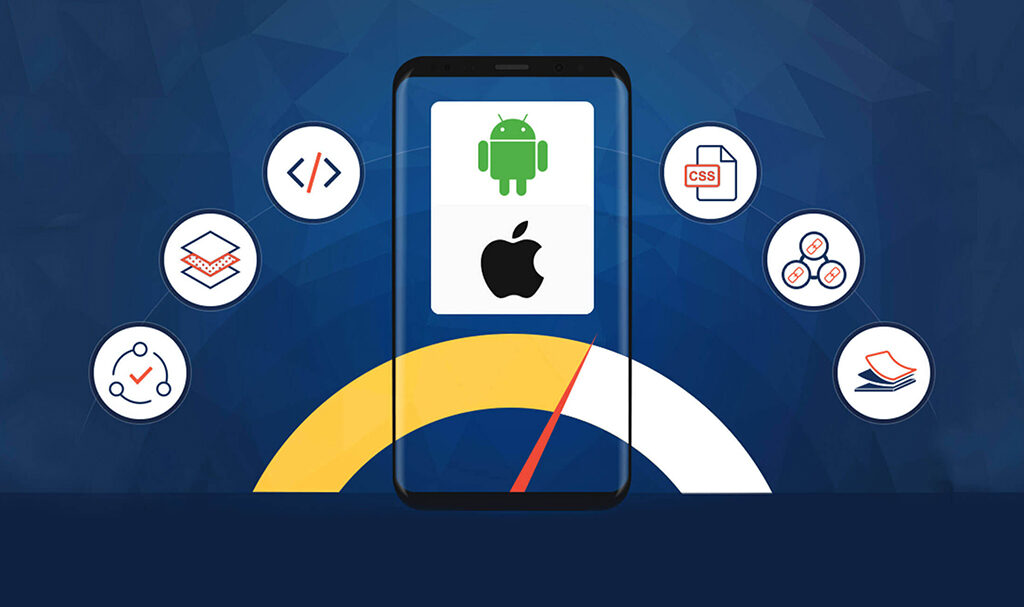
Hybrid app development has become an increasingly popular approach in the mobile app world, but with its popularity comes a variety of myths and misconceptions. Let’s dive into some of these myths and debunk them.
1: Hybrid apps are slower than native apps.
While it’s true that native apps have the potential to be more performant due to their direct access to device resources, hybrid apps have come a long way. With advancements in modern browsers, JavaScript engines, and hybrid frameworks, many hybrid apps now offer performance that is indistinguishable from native apps for most user scenarios.
2: Hybrid apps can’t access device features.

Hybrid apps can access many native device features using plugins. Frameworks like Cordova or Ionic provide a vast ecosystem of plugins that enable access to device functionalities like camera, GPS, and contacts.
3: Hybrid apps aren’t secure.
The security of an app depends more on the developer’s skills and practices than on whether it’s hybrid or native. A well-developed hybrid app can be as secure as a native app. It’s essential to follow best security practices regardless of the platform or approach.
4: Hybrid apps look and feel generic.
Hybrid apps can be designed and styled to look and feel like native apps. Modern frameworks provide UI components that adapt to the specific platform (iOS or Android), making the app feel native.

5: Hybrid development is always cheaper. While hybrid development can often be more cost-effective since you’re writing one codebase for multiple platforms, this isn’t always the case. The complexity of the app, the need for custom plugins, or the potential need for performance optimizations can drive up costs.
6: Updating hybrid apps is more complicated.
One of the advantages of hybrid apps is the ease of updating. Often, updates can be pushed directly through web technologies without requiring users to download an update from the app store. However, significant changes or updates that rely on new native features might still require an app store update.
7: Big companies don’t use hybrid app development. Many big names in the industry, including Instagram, Twitter, and UberEats, have used or continue to use hybrid technologies in their mobile app strategies. The choice between hybrid and native often comes down to the specific needs of a project rather than the size or reputation of a company.
Conclusion:
Hybrid app development, like any technology, has its pros and cons. However, many of the criticisms levelled against it are based on outdated information or misunderstandings. It’s essential to look at the actual capabilities and benefits of hybrid solutions rather than myths when making a decision about app development.